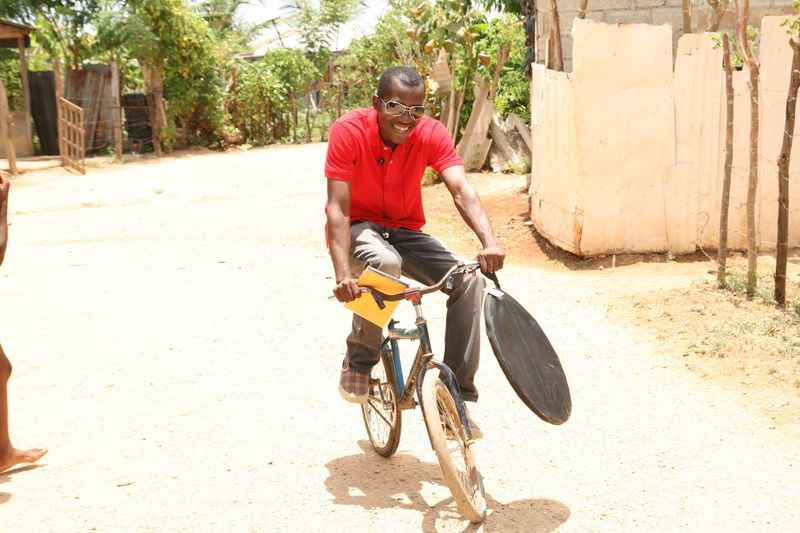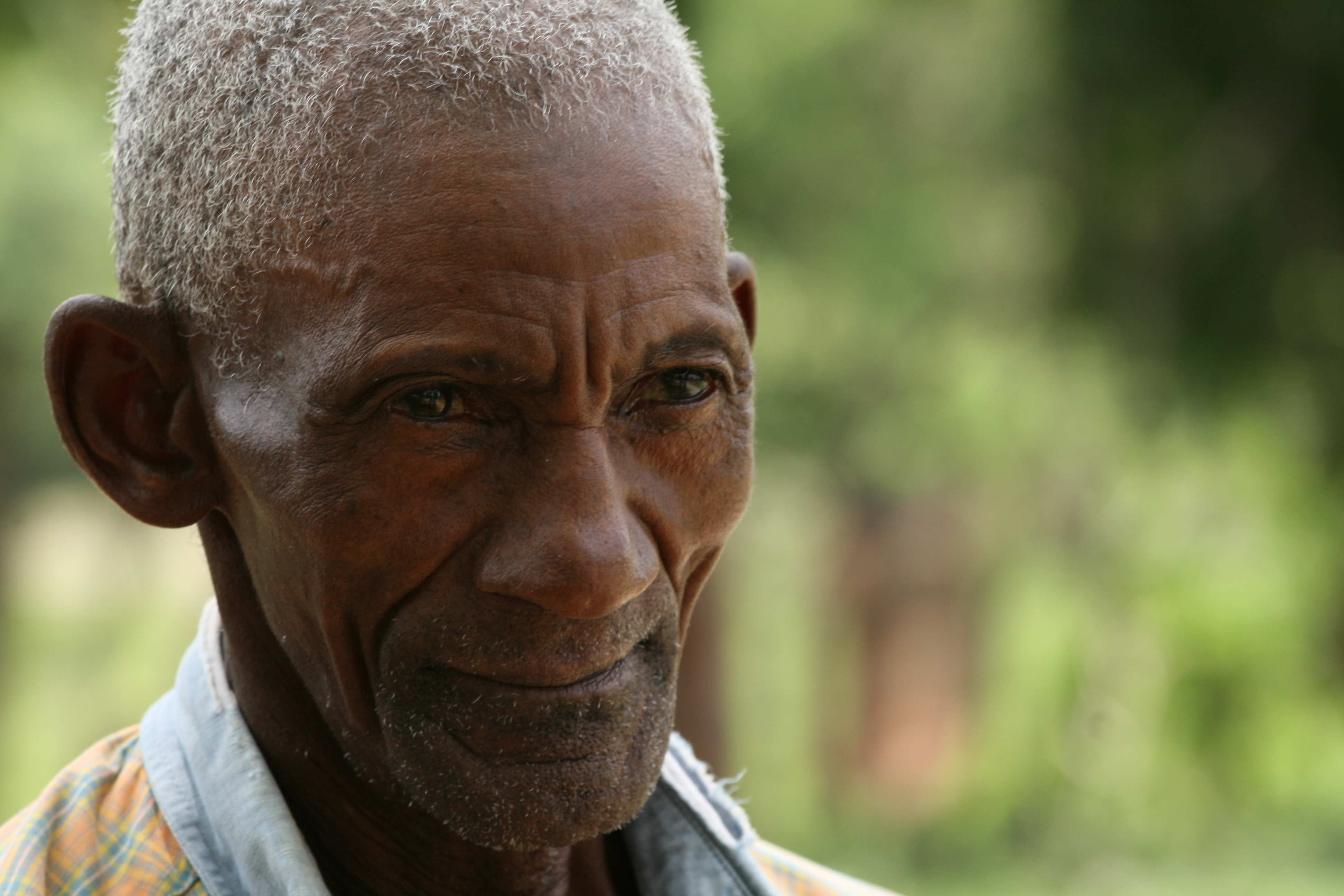Santo Domingo, Dominican Republic - We did a lot of legwork for this reporting trip the last time we were in the Dominican Republic. We spent days following leads, meeting one person after another in an effort to find those who were actually being affected by this new constitution. By the time we left, we felt that we were only one or two steps removed from getting the story, rather than five or six. We also nailed down our two most important contacts for this trip: our driver, Carlos, and our translator, John.
These two positions are key for most international reporting, although the people who serve these vital roles usually don't get bylines or public recognition. Both Steve and I speak and understand some Spanish, but not well enough to conduct interviews or understand linguistic nuances. Neither of us know Creole. John, a Haitian student living legally in the Dominican Republic, is fluent in English, Spanish and Creole. And Carlos' skill as a driver is invaluable for navigating the mad traffic of Santo Domingo or the unmarked dirt roads of the Dominican countryside.
We snapped this picture of John at the end of one long reporting day - his unfailing good humor was almost as incredible as his language skills. (And if anyone is ever looking to hire a translator for Haiti or the DR, you can reach him here.)
We were a ragtag group – two scraggly gringos, a macho Dominican and a studious Haitian climbing out of Carlos' low-clearance gold sedan. At first we worked together cautiously, perhaps a bit uneasily, but by this trip we had gelled as a team.
And so it was all four of us working together that brought us to a batey outside of Santo Domingo where we met Andre Jean, a 73-year-old Haitian man walking back from a long day in the sweltering fields. Jean is one our first connections to Haitian-Dominican history.
First, the batey is the word people here still use to describe the shantytown communities that once housed sugar cane workers. Jean was born in Haiti, and came to the Dominican Republic in the 1950s as a sugar cane worker. He was not an illegal migrant – the Dominican Republic needed workers, and dictator at the time, Rafael Trujillo, had made a deal with Haiti's Francois Duvalier (aka Papa Doc), to import cheap labor. Jean rode to Santo Domingo on a bus paid for by the Dominican government. He's never gone back to Haiti.
He told us about this history, and what it was like to work in the sugar fields under Trujillo. He also told us about his children, all born in the Dominican Republic, and his grandchildren, also born here. They all consider themselves Dominican.
But what the government thinks of them is a totally different story, and would be the focus of much of our reporting.



